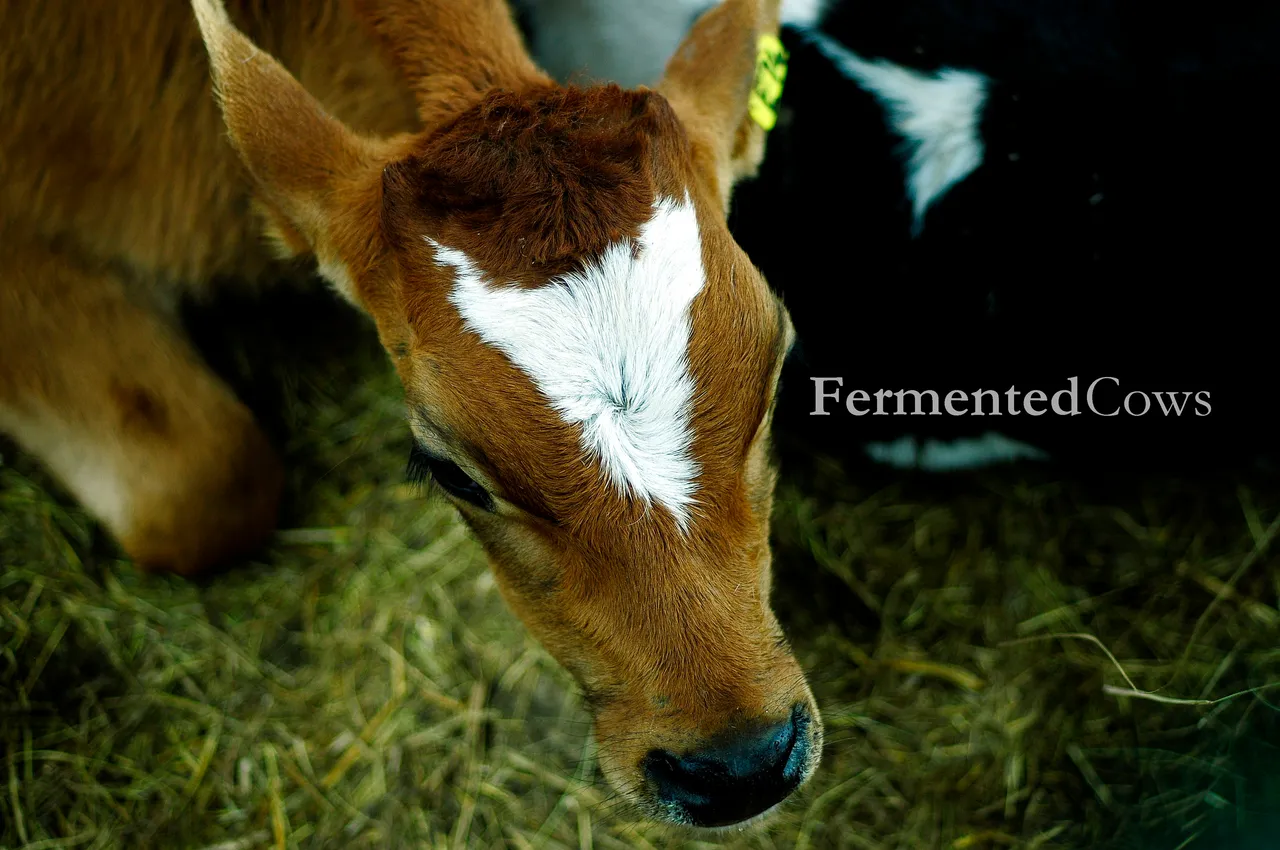
Farm animals are essential to our modern way of living but they also played an essential role to get us where we are today. That is, without domesticated farm animals we would not have been where we are today. Providing essential nutrients and food, historically helping us move infrastructure, supplying material for composting/soil amending, the uses of livestock are seemingly endless.
However, we lock these animals up in small coops or pens, we treat them like we treat most of our capitalistic assets and crops. That is, we see them as a means towards an end which is money. We treat them accordingly. We do not treat them like animals, or living entities. (For the most part at least. There are obviously cases in which they are treated fairly.)
In this post, I will share with you a series of photographs I took of cows who are cooped up. I will also write a short philosophy essay in which I discuss the ethics of locking these animals up. As with most things in life, there is no right or wrong answer. This gives us space in which we can philosophize.
For now, please enjoy the photographs of these stunning animals. The philosophy essay will be at the bottom of the post.
Cooped Up
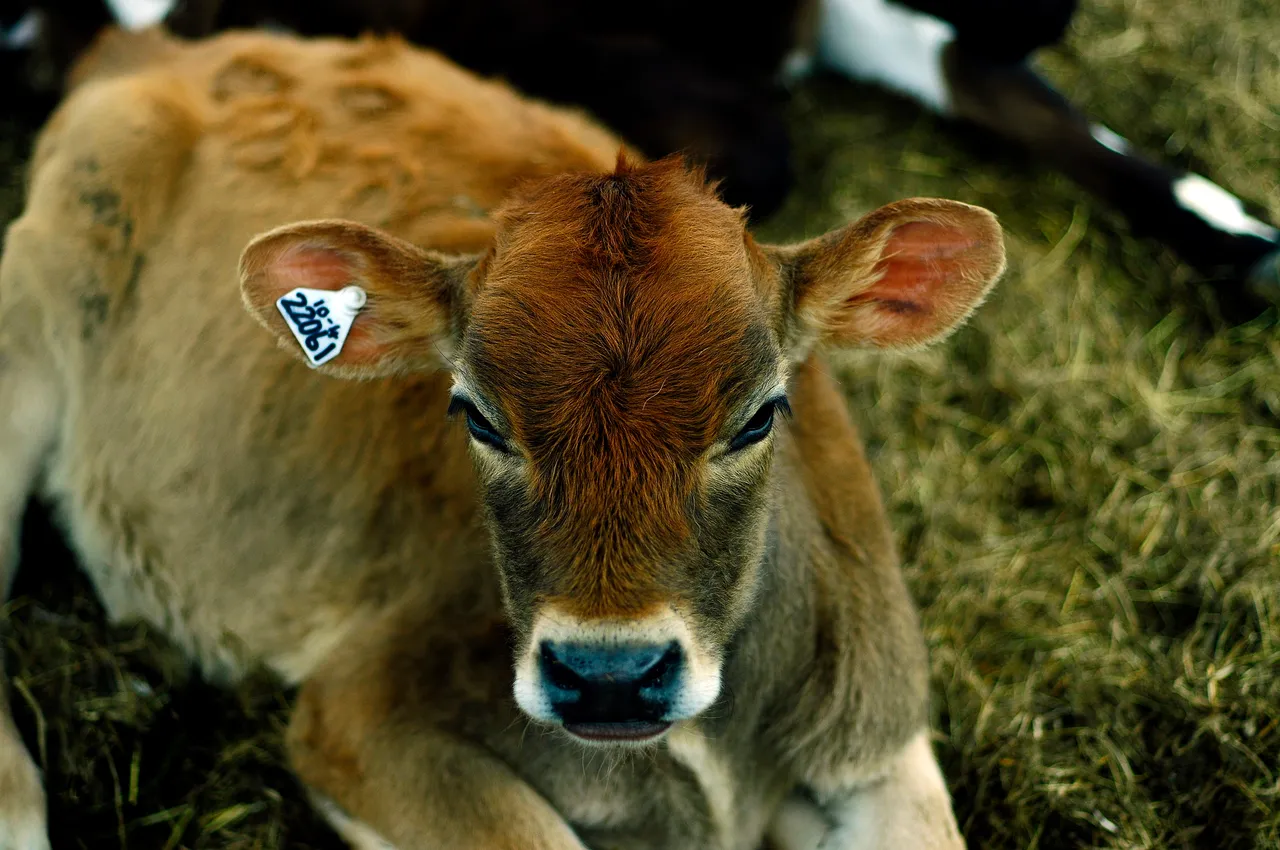
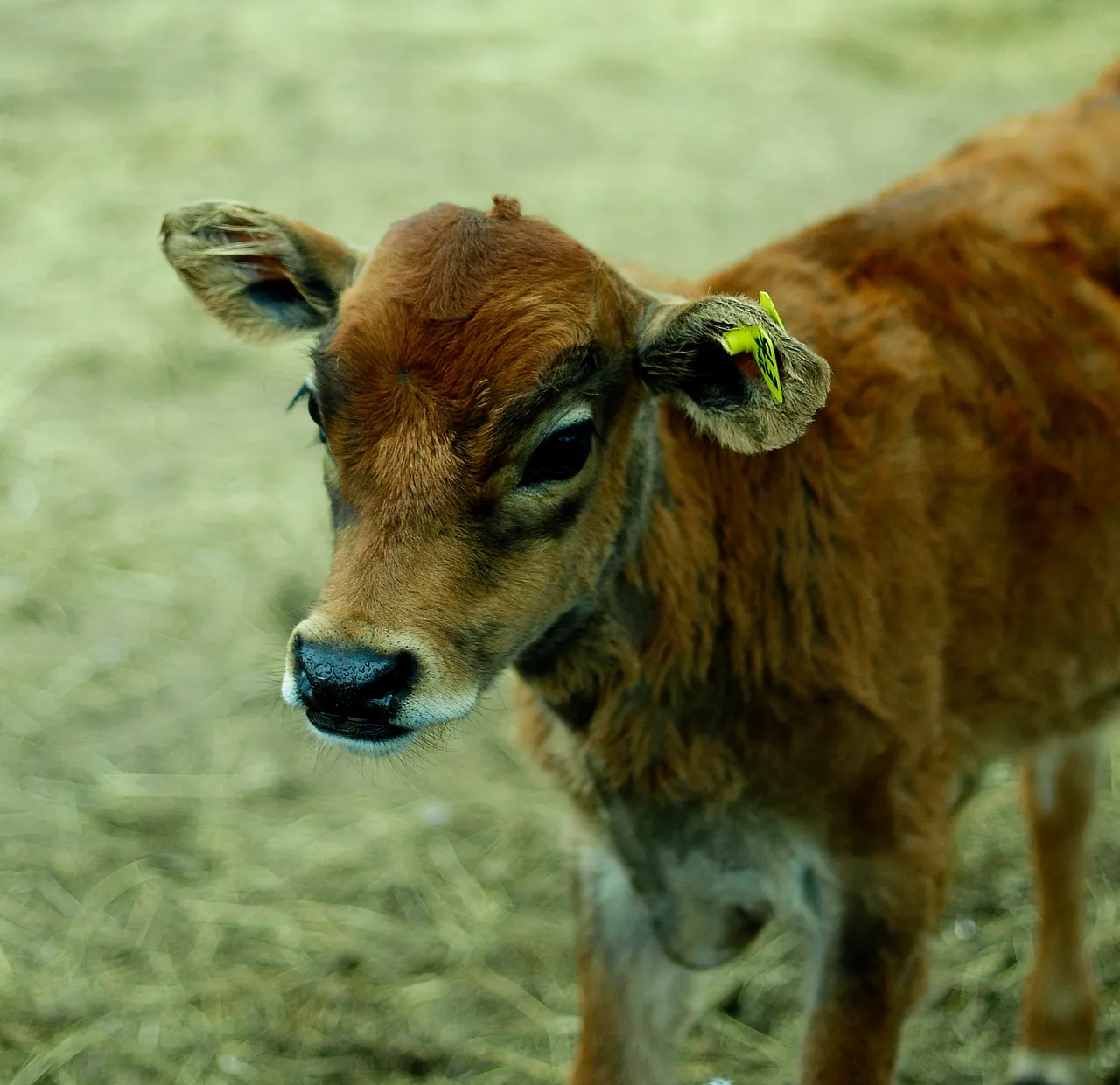
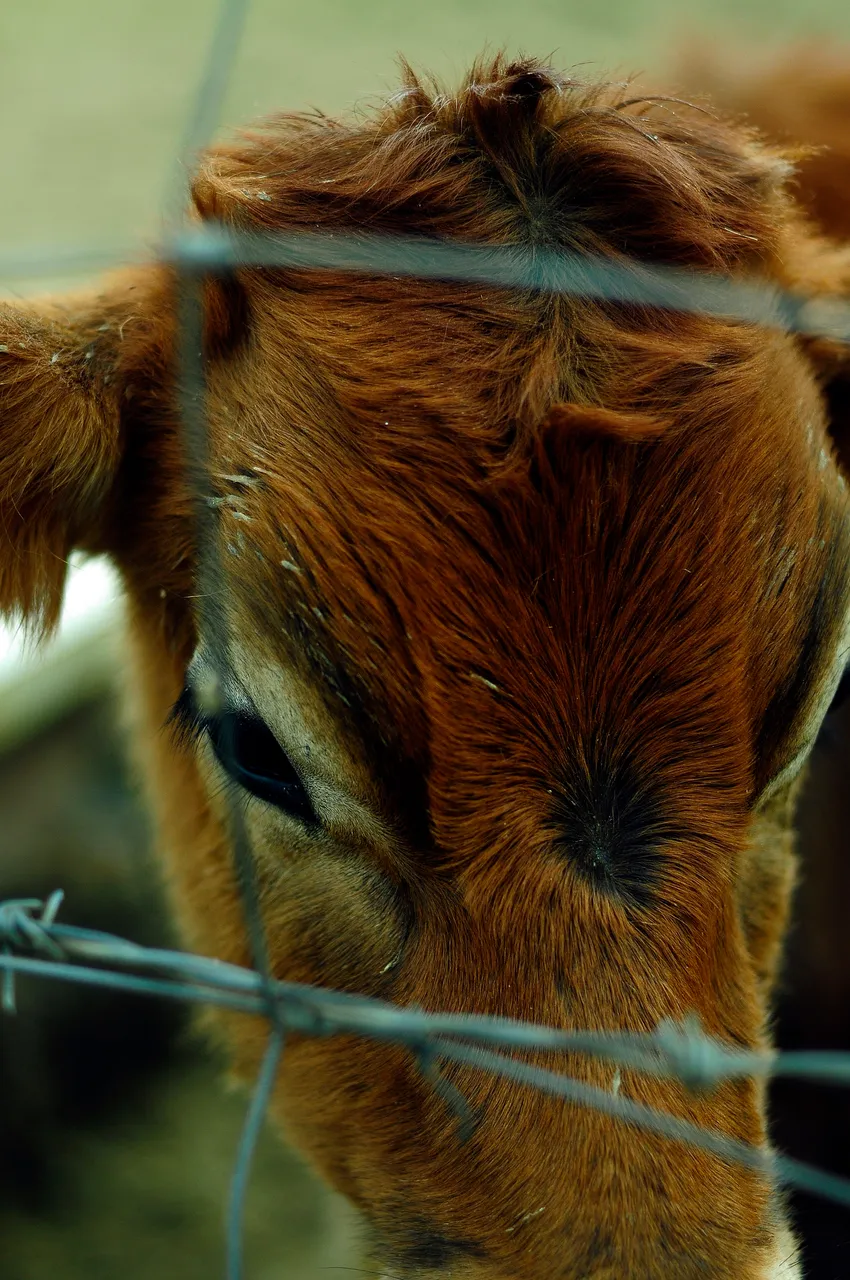
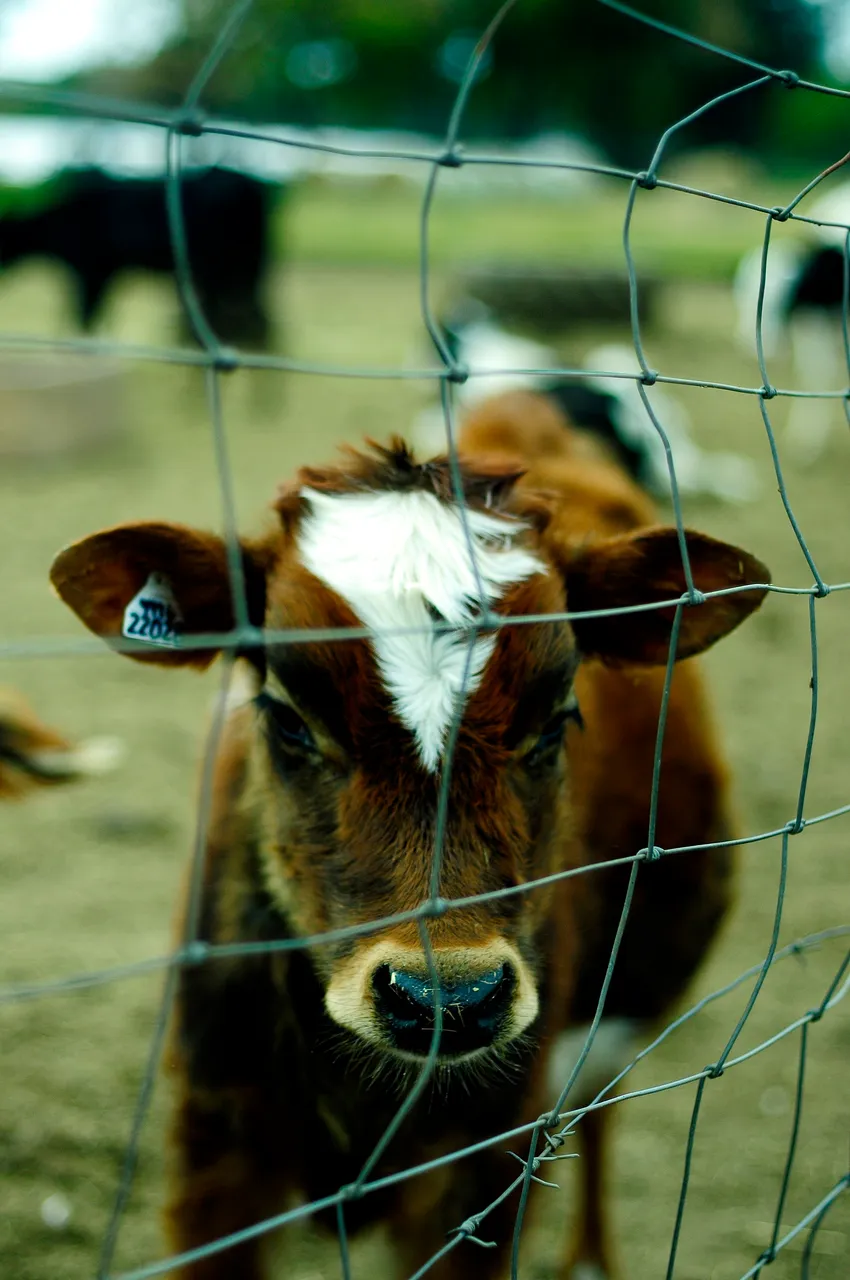
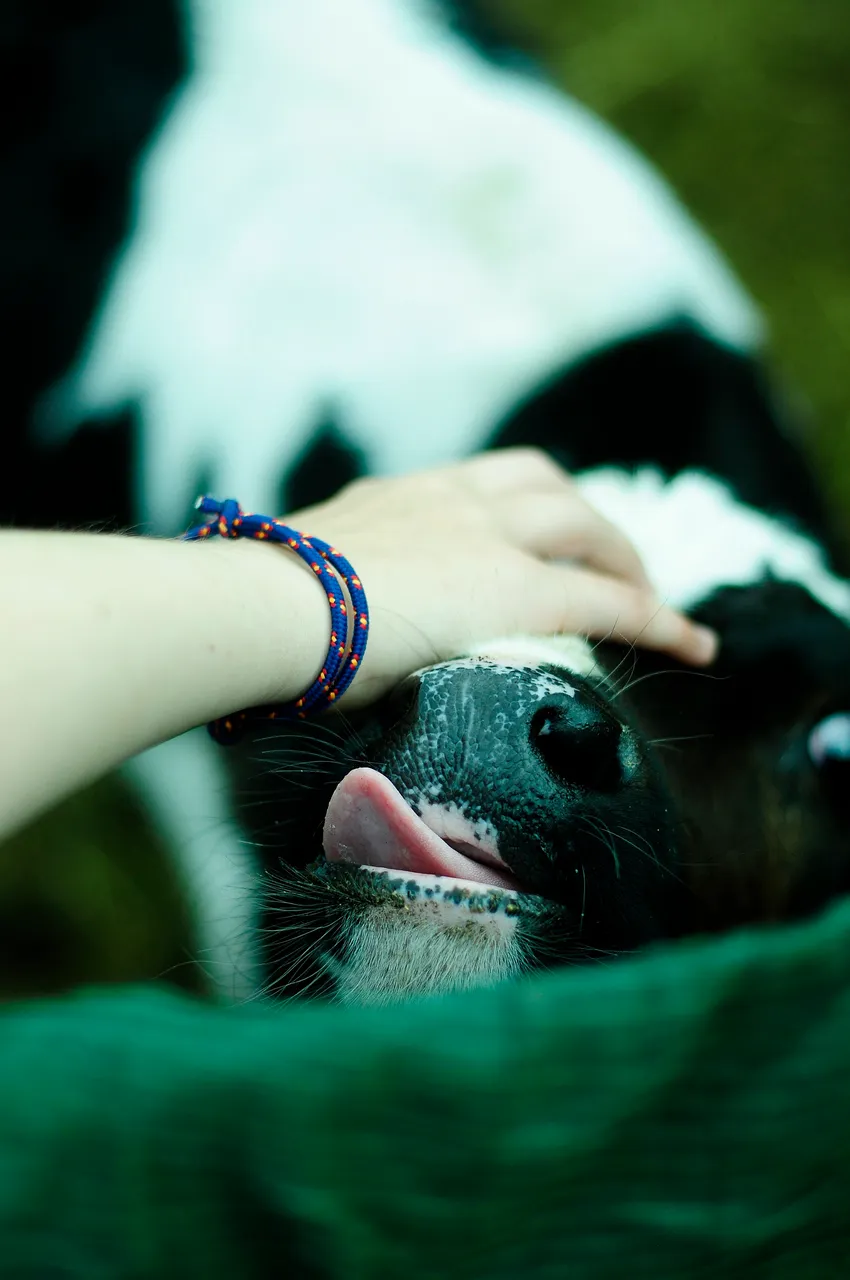
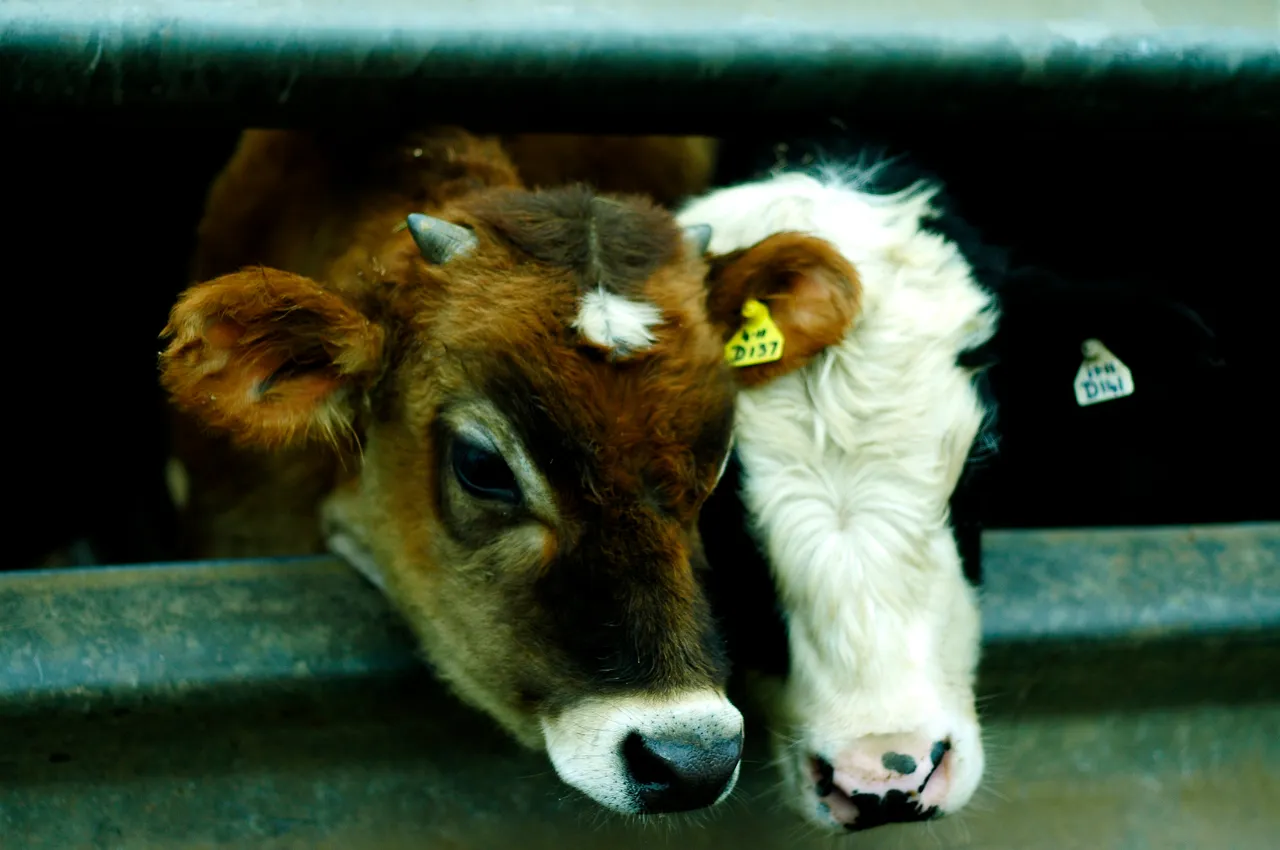
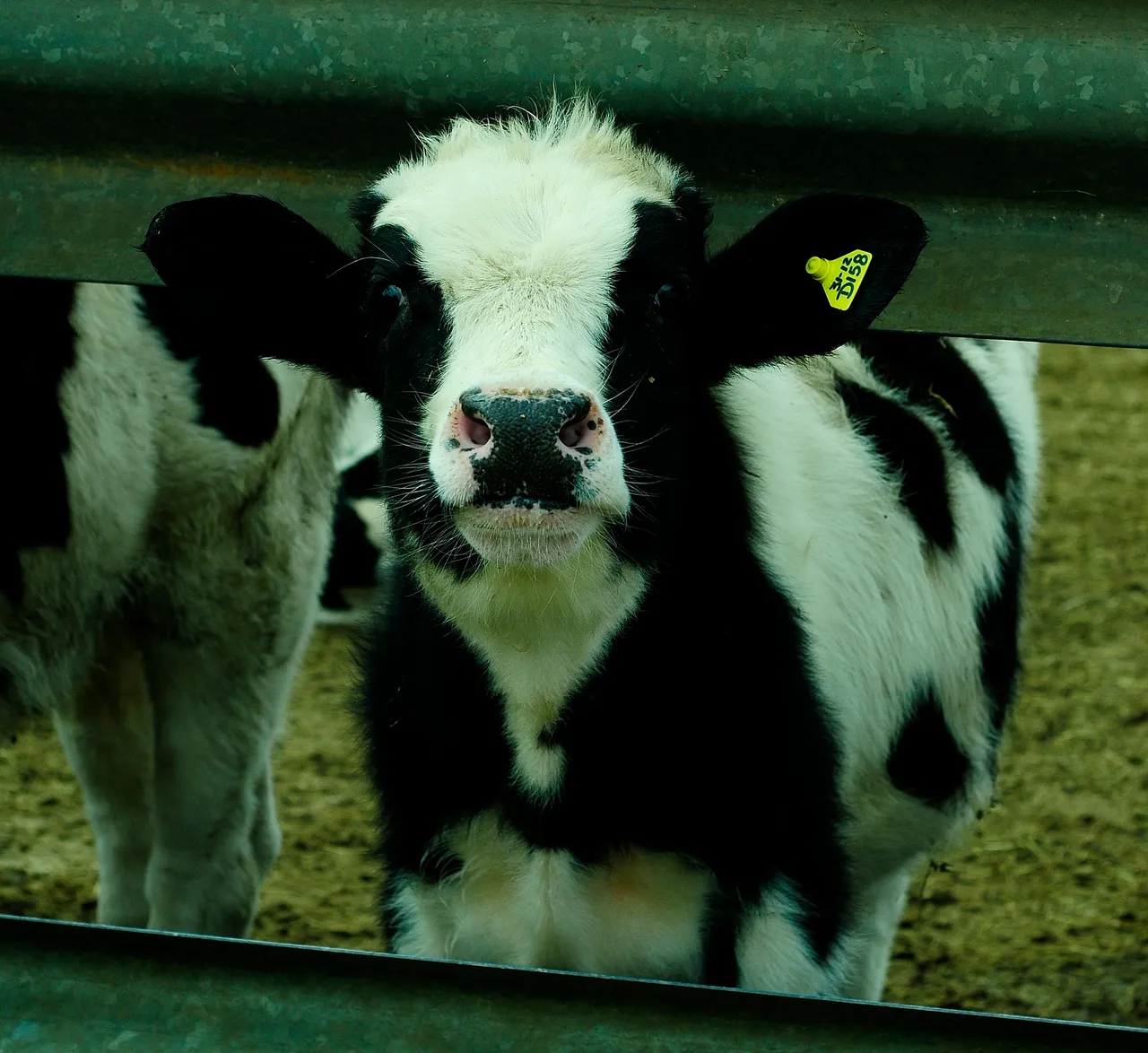
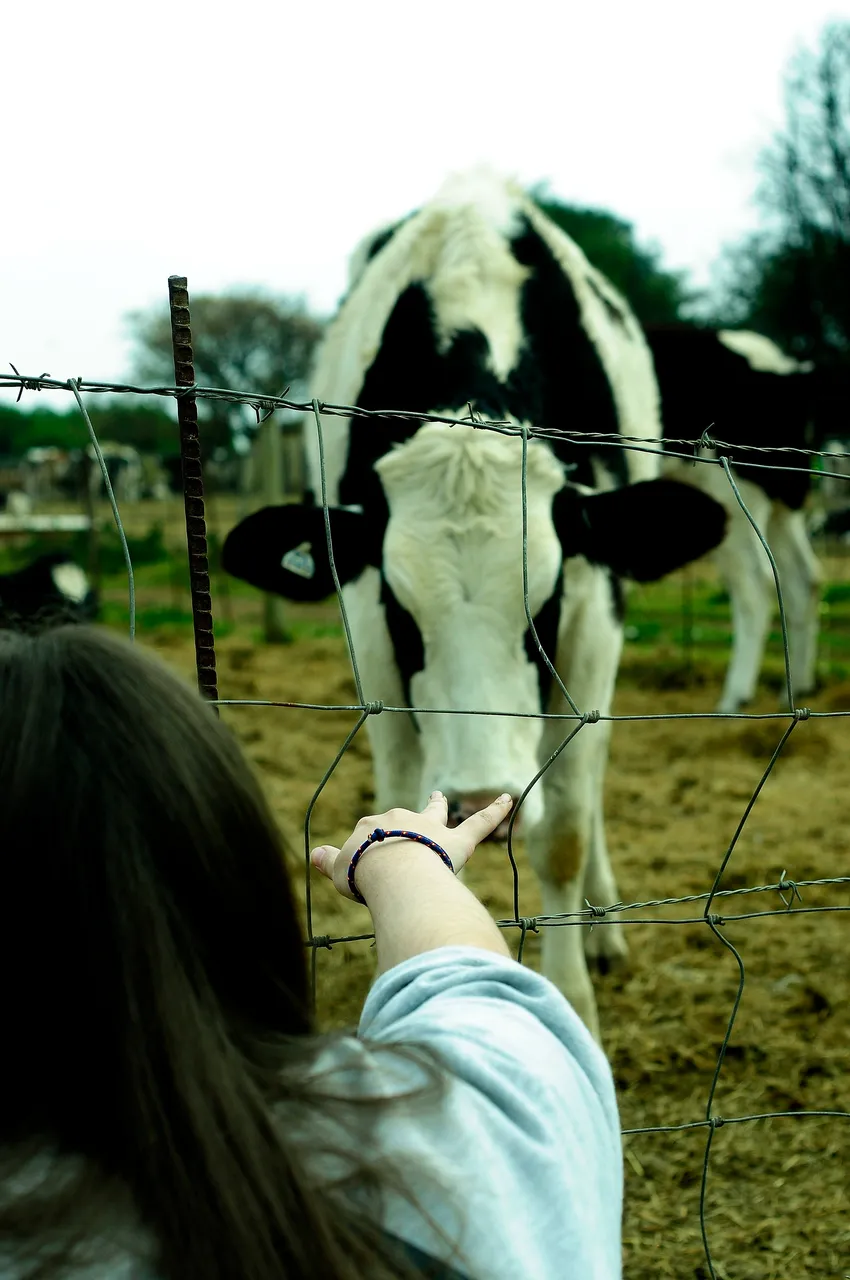
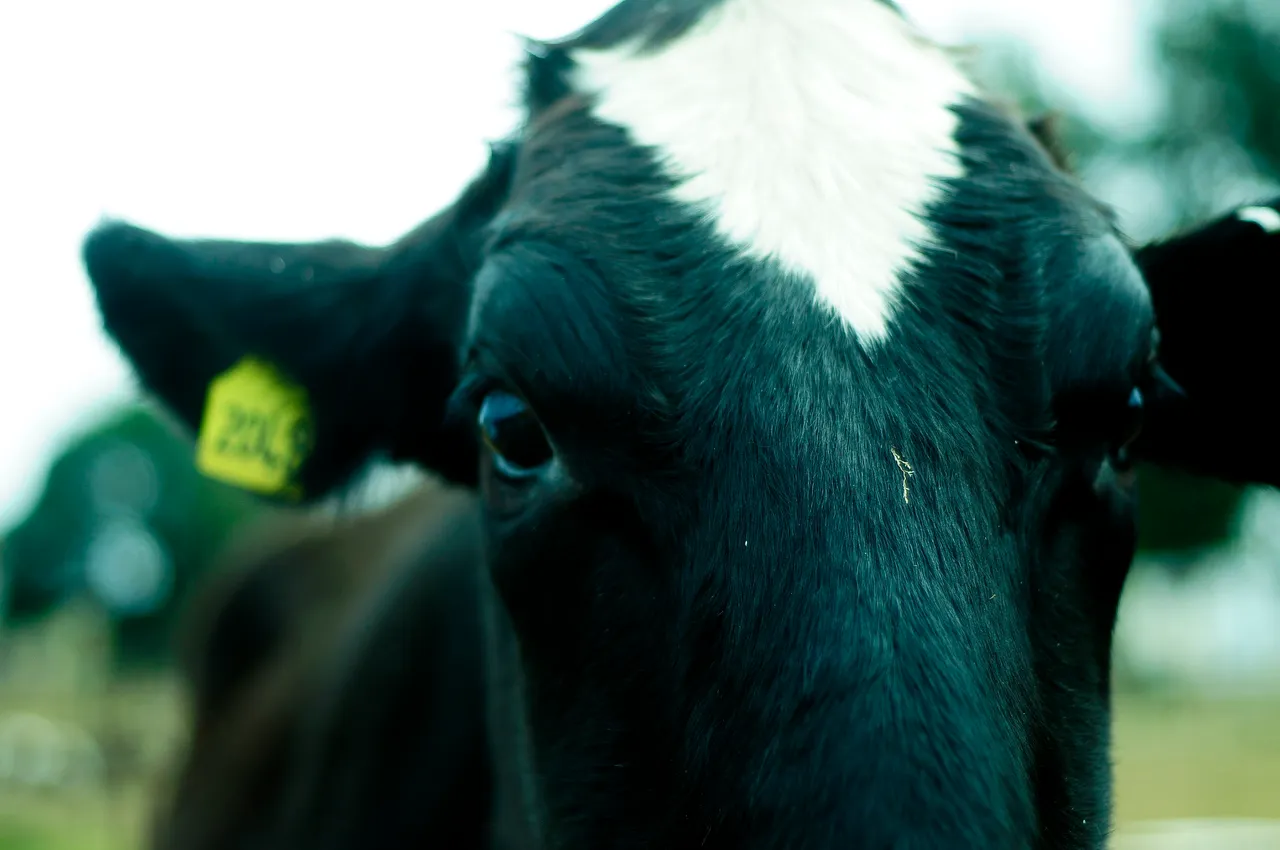
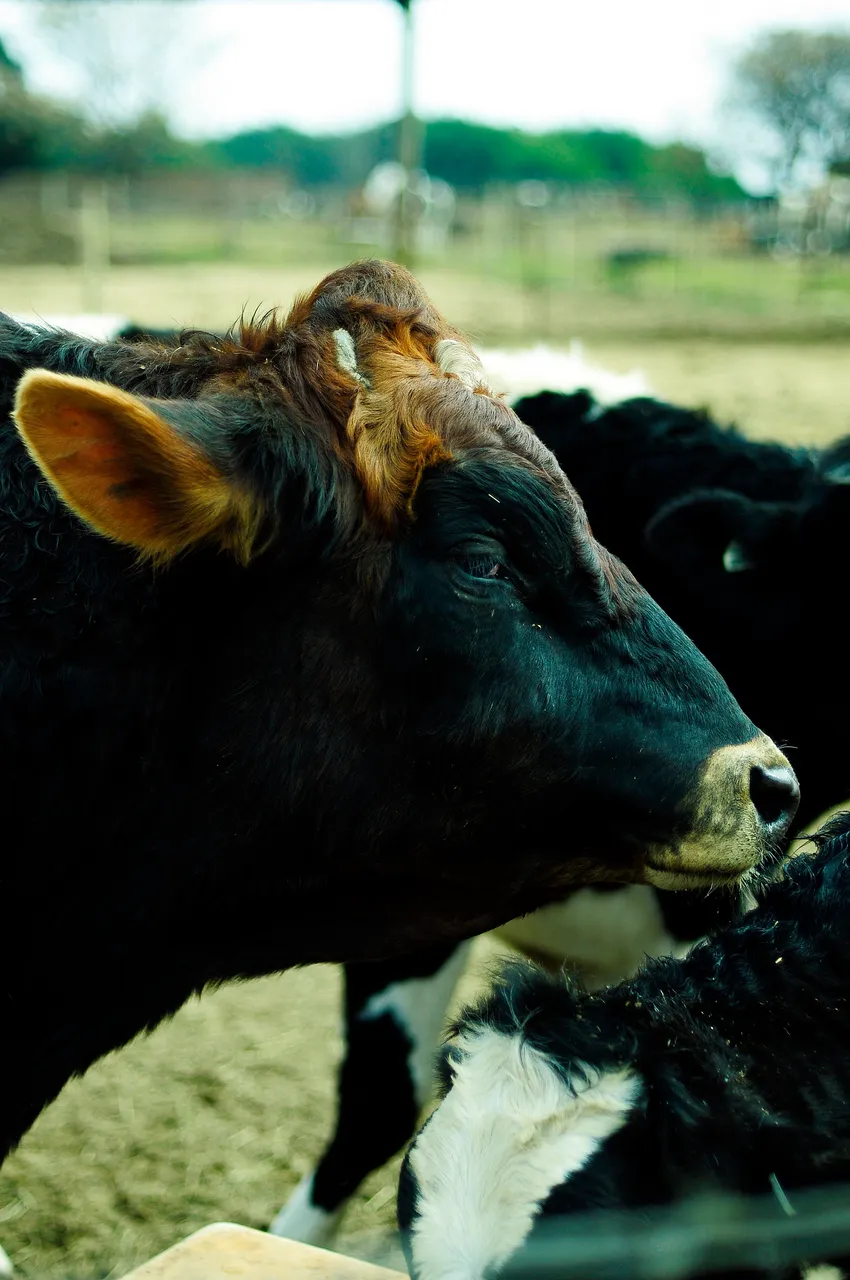
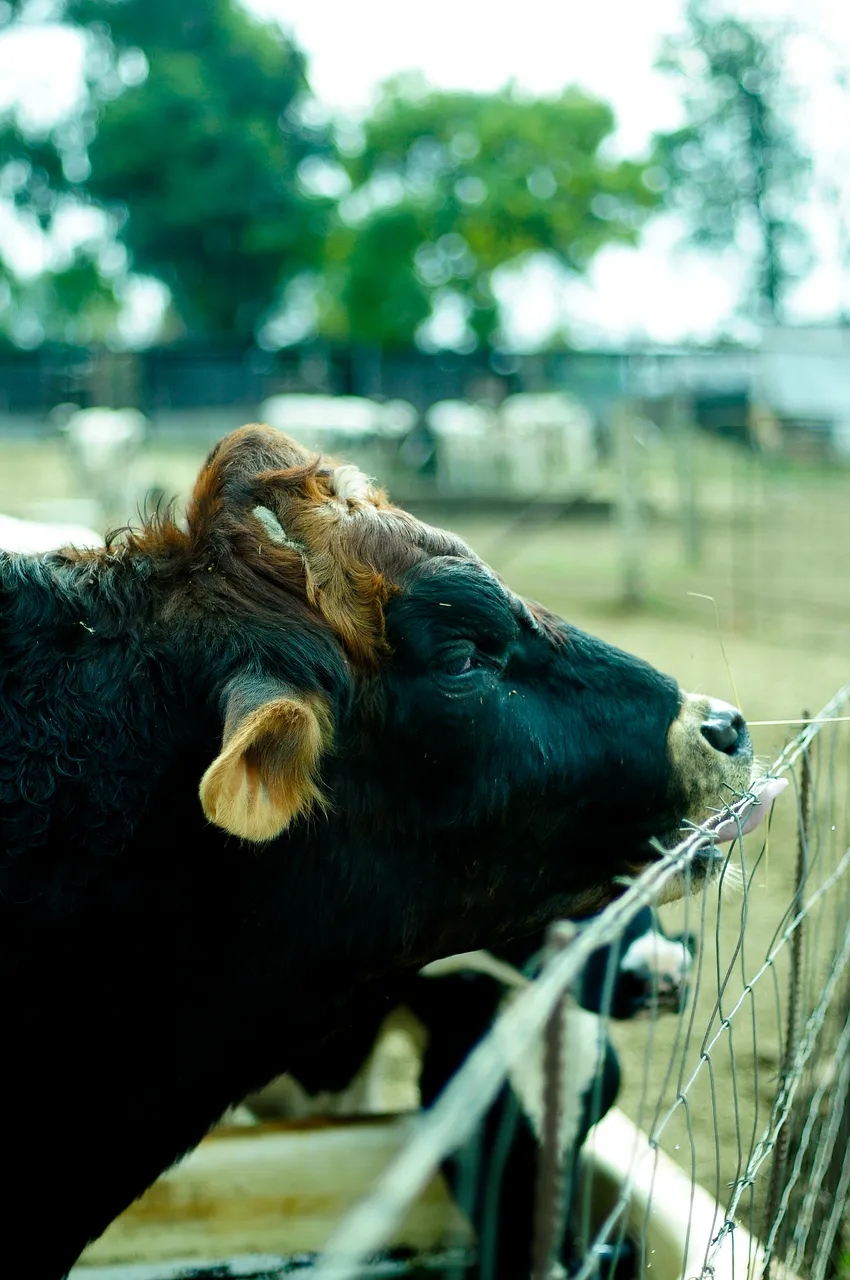
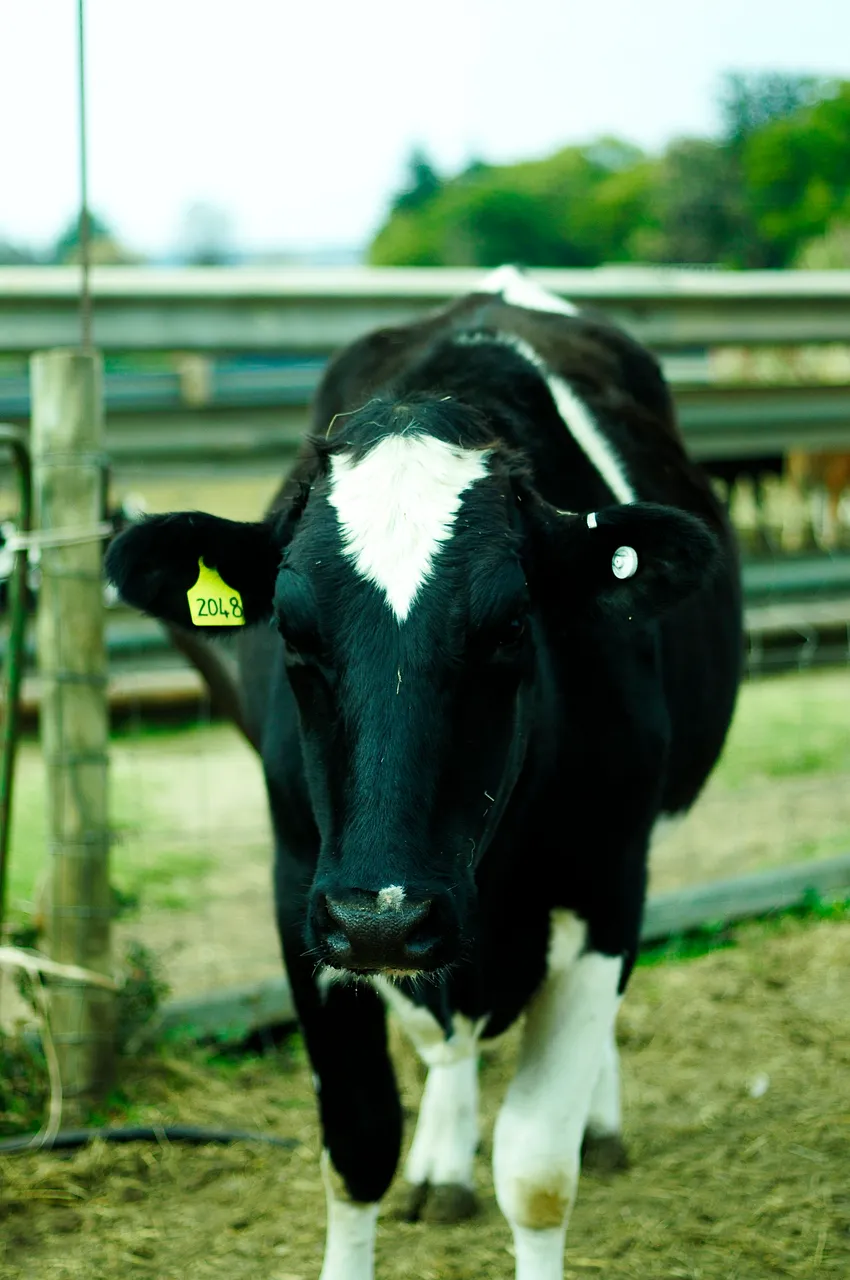
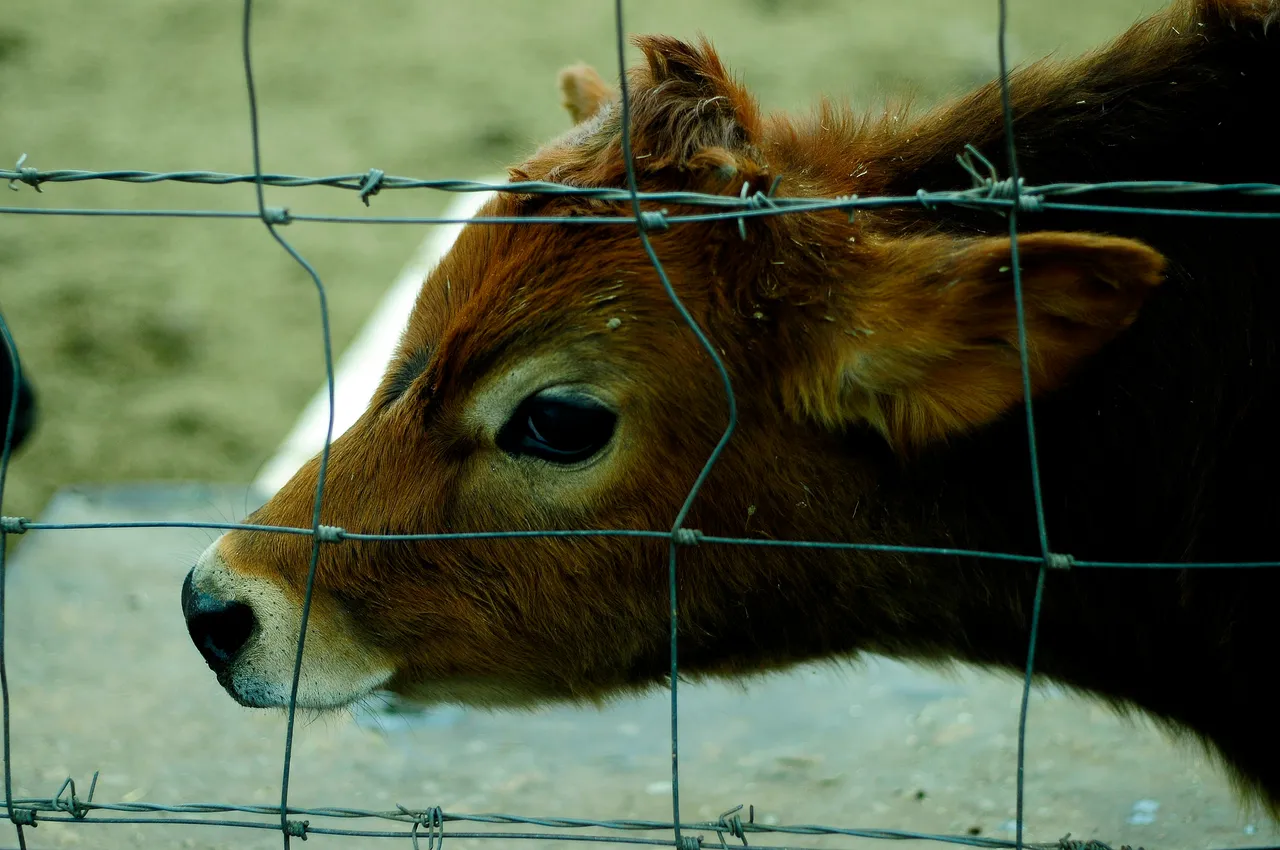
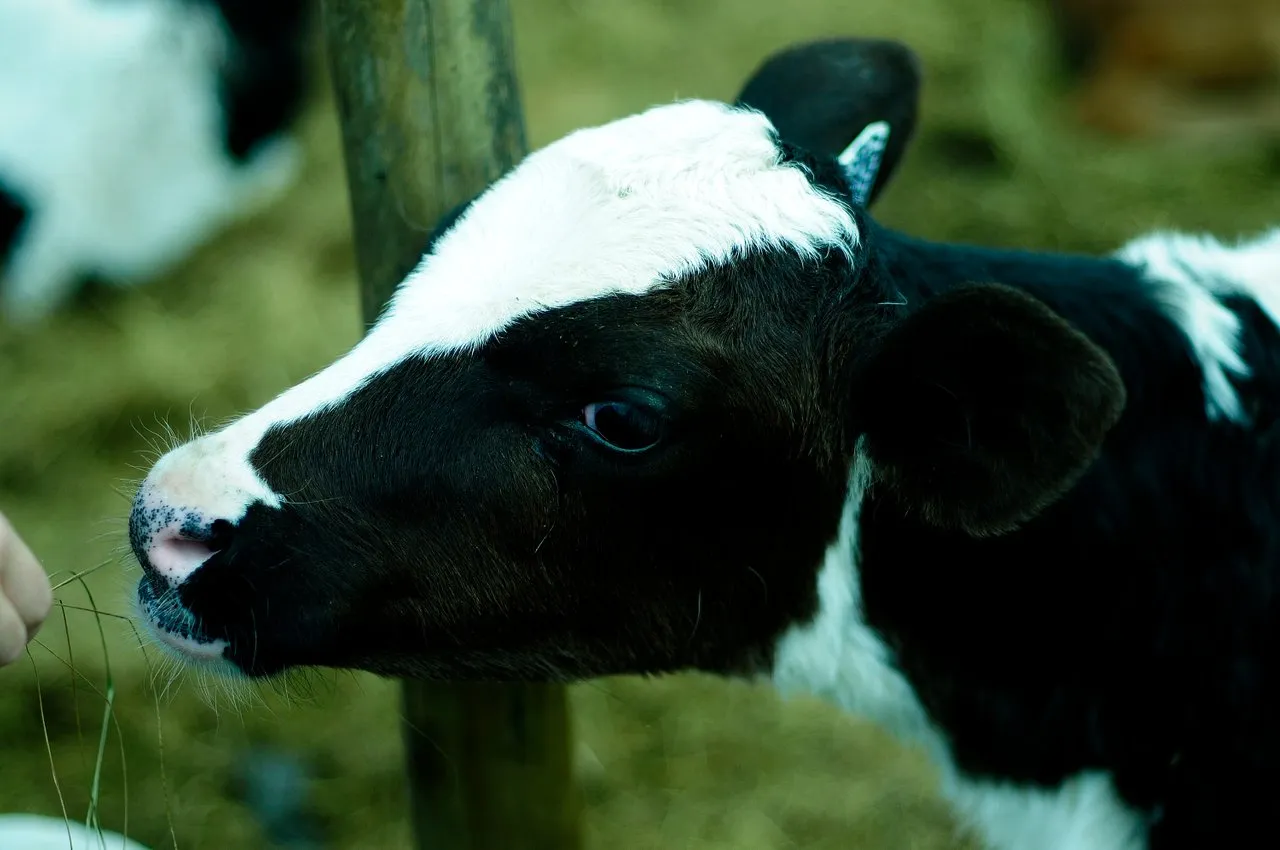
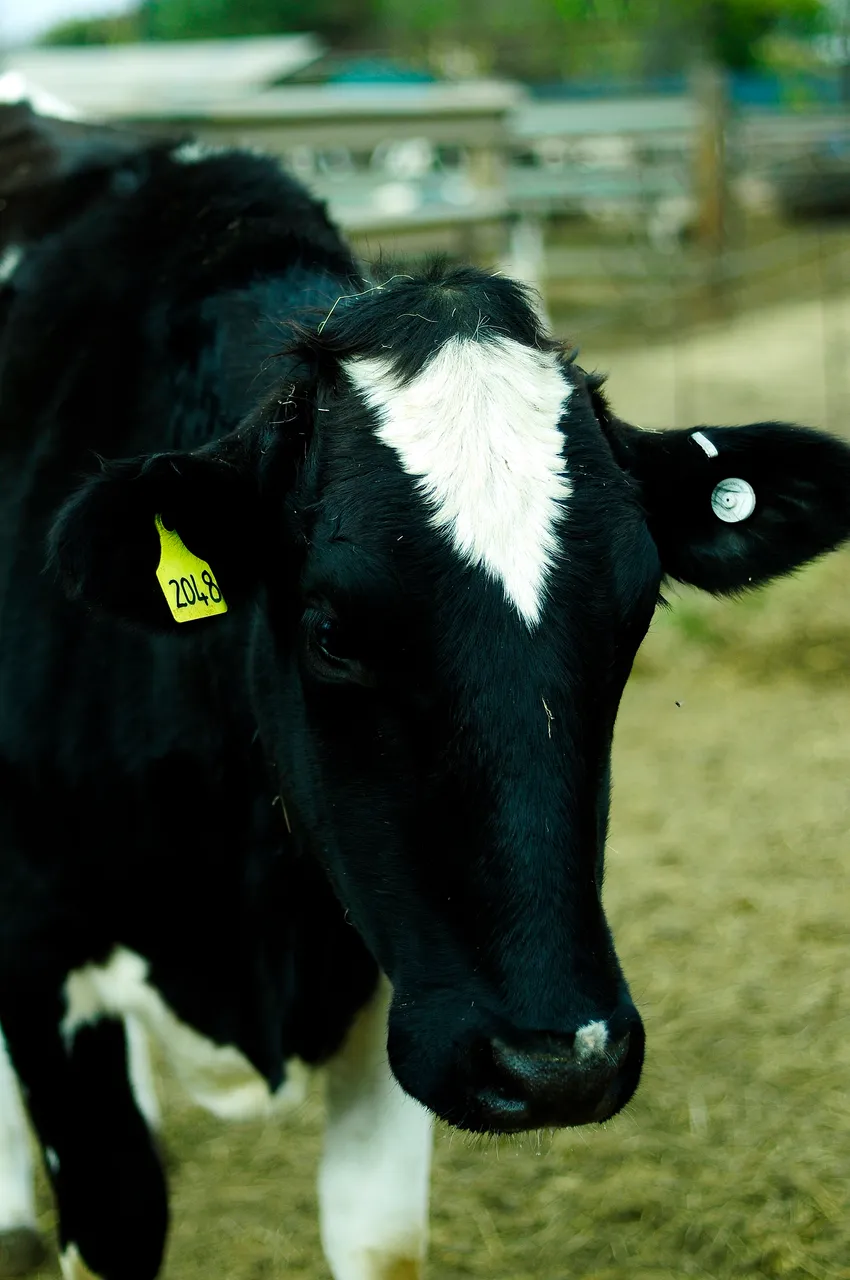
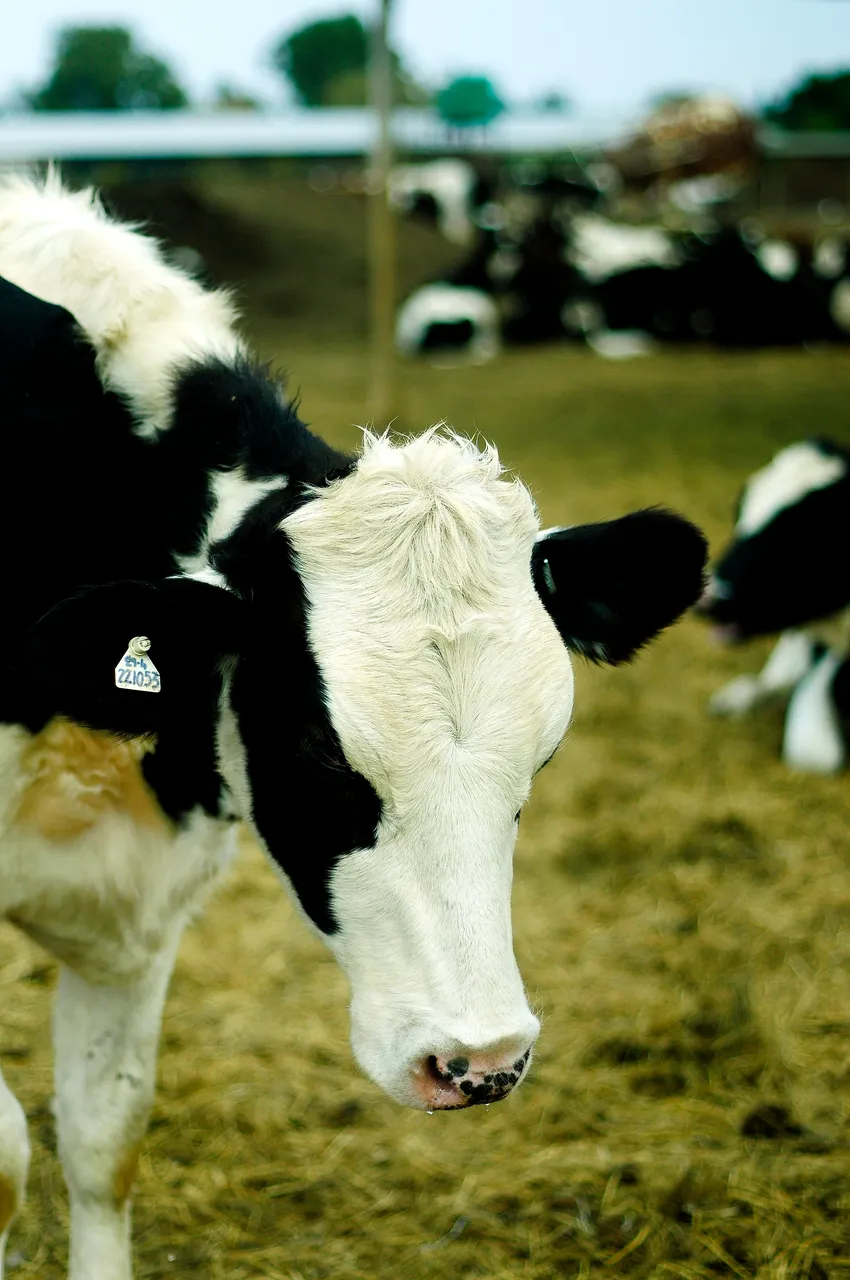
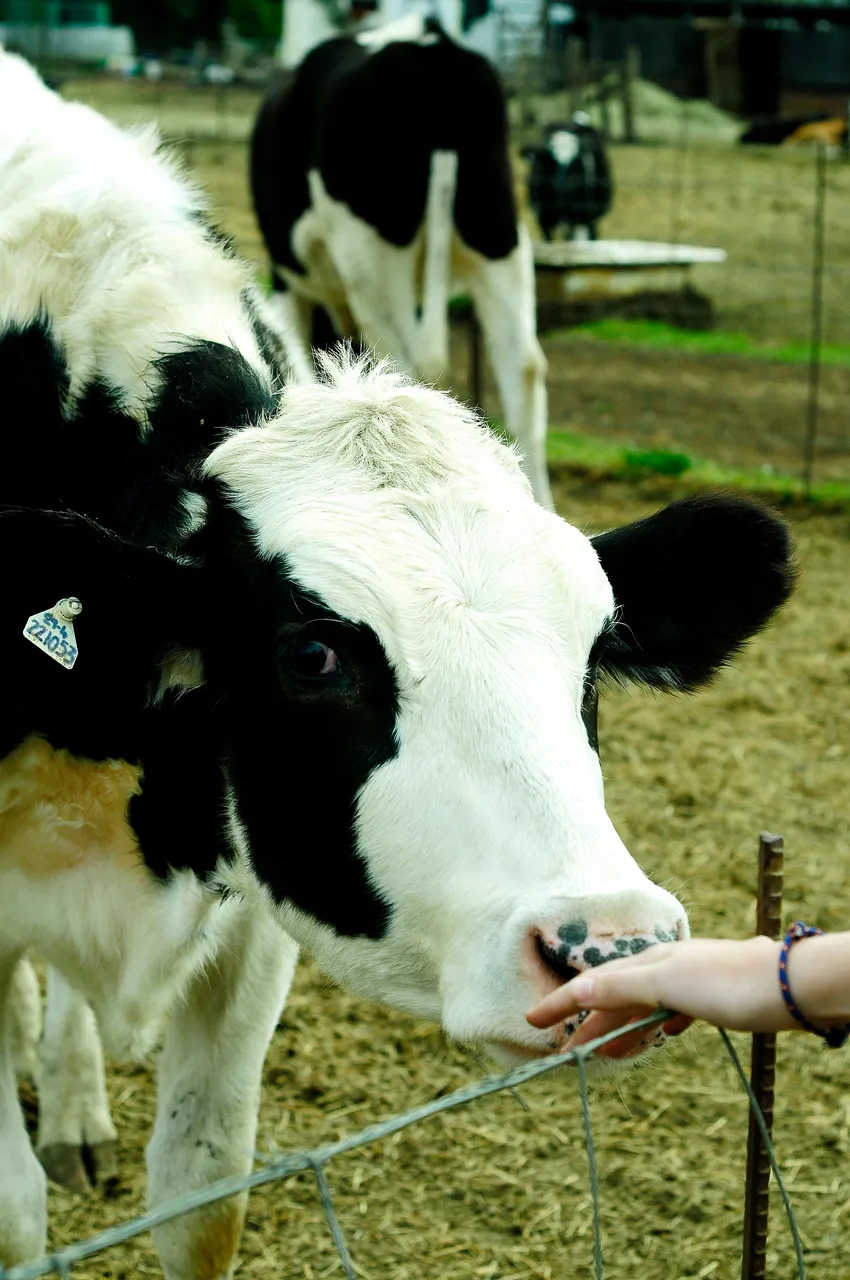
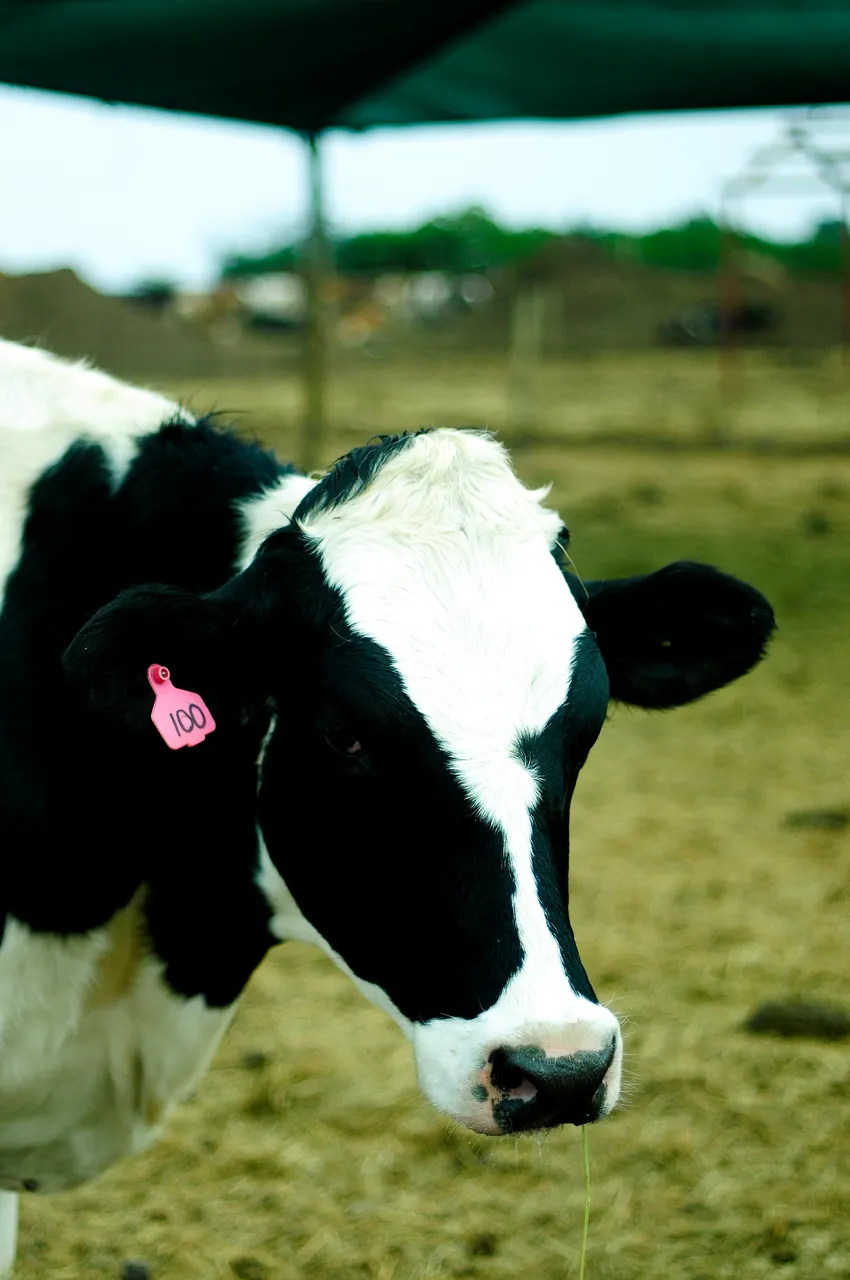
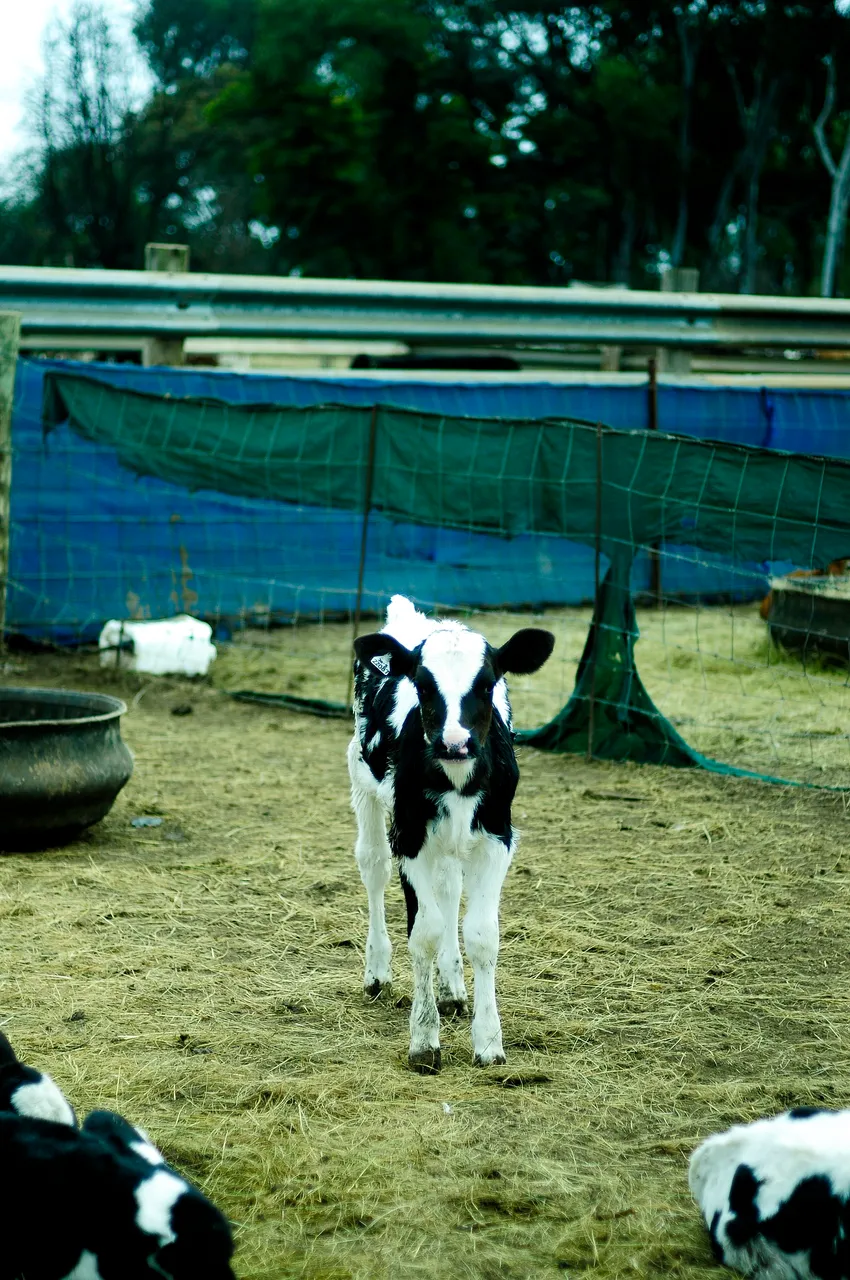
The Ethics of Locking Them Up - A Philosophy Essay
Treating something as a means towards an end is rarely ethical. If one treats a fellow human as a means towards an end, that is, seeing them merely as an entity for your own gain or betterment, it is frowned upon by ethical and moral philosophers. Immanuel Kant, for example, states that we can never treat someone as merely a means, we should always treat them as an end. That is, we should view others as equal to ourselves and never use them.
However, this does not stretch towards animals. Or, in the works of older philosophers. In those works, animals are seen as lower entities. It is only recently that we as philosophers have come around to question this arbitrary destinction between sentient and non-sentient beings. That is, we now generally see rocks as non-sentient, but all animals as sentient. (However, this is also debated.)
Currently, we see livestock as merely a means towards an end. These means are myriad, but for the sake of this argument, let us focus on them providing us with sustenance, i.e., food. We neglect, in some sense, to see them as sentient beings/creatures. They are meat factories so that we can eat them. Adding rampant consumerism to the equation, we view these meat factories as never-ending in supply. That is, we view them as an endless supply of meat. We have zero fear of running out of stock. Just a couple of hundred years or so ago, they would have probably seen these animals as limited in supply, but today the shelves of meat is never ending, there is somehow always supply.
(Note: this is not to say that (i) you should stop buying meat and go vegan (ii) nor that this problem is exclusive to the meat industry. Think about the many kilometers of monoculture crops of salad or tomatoes or any produce really that we humans consume. Even in the vegan community, there is rampant consumerism. In short, modern humans have a problem of rampant consumerism with supermarkets providing seemingly endless supplies of produce/products. This post thus have nothing to do with going vegan or the vegan community, nor meat-eating people. It is a post on rampant consumerism and the subsequent problem of locking animals up in an unnatural environment.)
Due to the seemingly endless supply of meat, we subsequently need an endless supply of cows. Land/property is expensive, so the answer is to lock as many animals up in a small area as possible. As some people know, illnesses amongst other things, breed when animals live in unnatural numbers. Chickens are one example. We need to feed these sick animals antibiotics. And so on.
Animals in the wild do not necessarily have this problem. Last week, I visited the Kruger National Park. The vast amount of space between animals is staggering. You can drive for kilometers without seeing animals. But livestock is packed tight on top of each other. They live such sedentary lifestyles. Imagine a world in which we had cattle but they lived in pens big enough so that we could hunt them but in which we included predatory animals that also hunted them. They could live their lives like wild animals live them now. Alas, I am a dreamer. And this essay kind of evolved into an opinion piece! Let me stop here for now.
Postscriptum, or Let Us Set Them Free
The essay might be read as a political piece, however, as I noted above it is about consumerism and the subsequent ethical implications. In fact, this post is about portrait photographs of cows! I hope you enjoyed the photographs, and if you read the essay, the musings as well!
All of the photographs were taken with my Nikon D300 and Nikkor 50mm lens. All of the musings are my own, and not targeted at any particular group of people or communities. Happy photographing and stay safe!